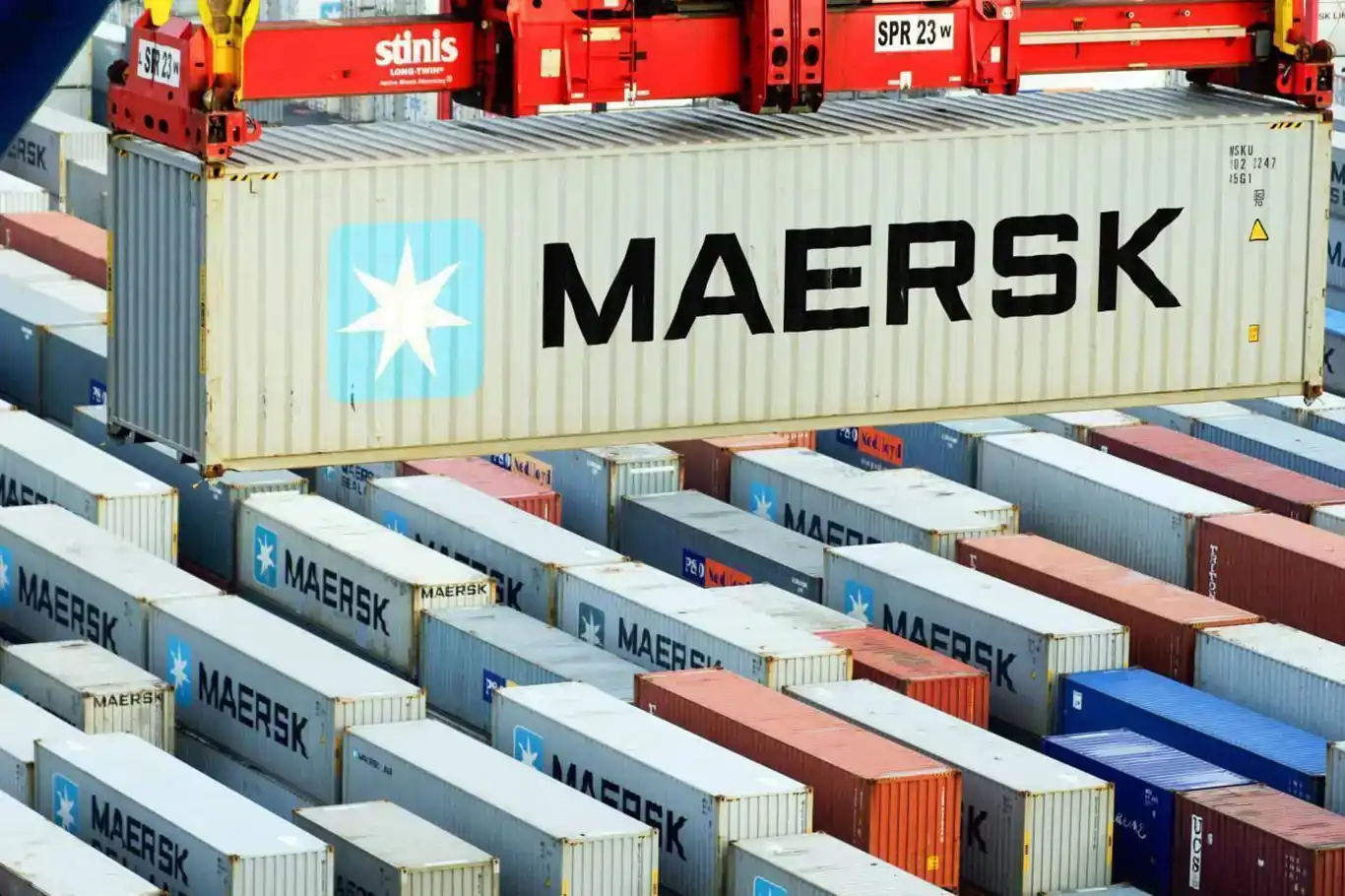Maersk cuts ties with Israeli settlements after global pressure


The Danish shipping giant Maersk has announced it will terminate all business relationships with companies linked to illegal Israeli settlements in the occupied West Bank, in what is being hailed as a significant win for pro-Palestinian advocacy groups.
The decision comes after months of sustained pressure from international grassroots movements, notably the Palestinian Youth Movement (PYM), which has accused Maersk of supporting Israel’s controversial settlement expansion—a practice widely regarded as a breach of international law. The United Nations Office of the High Commissioner for Human Rights (OHCHR) lists over 100 such settlements, housing more than 500,000 settlers, and identifies companies providing services or materials that sustain them.
Maersk’s statement, released online, provided no details on the number of affected clients or the specifics of the terminated contracts. However, PYM spokesperson Aisha Nizar described the move as a landmark achievement for the growing boycott movement, urging other corporations to follow suit. “This sends a clear message to the shipping industry: compliance with international law and human dignity is non-negotiable,” she said.
Despite the announcement, campaigners remain critical of Maersk’s broader activities. The company’s US subsidiary, Maersk Line Limited, continues to play a role in transporting components for F-35 fighter jets, which are used in Israeli military operations in Gaza. Ms Nizar condemned this involvement, stating, “Maersk profits from the bombing and loss of Palestinian lives. We will not stop until it exits this deadly supply chain.”
Last year, Spain banned Maersk vessels carrying Israeli military goods from its ports, a decision welcomed by rights groups. More recently, the PYM highlighted Maersk’s use of Rotterdam port to ship weapons to Israel, labelling it a “supply chain of death.” Although Dutch courts have restricted F-35 part exports to Israel due to humanitarian concerns, reports suggest Rotterdam may still facilitate parts of the programme, raising questions about the ban’s enforcement.
Maersk has defended its position, insisting it does not transport weapons or ammunition to active conflict zones and conducts thorough due diligence in regions like Gaza and Israel. However, its admission of involvement in the F-35 supply chain has drawn scepticism from critics, who argue that such contracts contribute to alleged war crimes in Gaza, where Israeli actions have resulted in significant casualties.
The move is seen as part of a broader push against companies complicit in Israel’s occupation and military policies. Activists frame it as a moral awakening, driven by a global civil society determined to challenge what they describe as apartheid practices. As the debate continues, attention now turns to whether other firms will follow Maersk’s lead in reassessing their business ties. (ILKHA)
LEGAL WARNING: All rights of the published news, photos and videos are reserved by İlke Haber Ajansı Basın Yayın San. Trade A.Ş. Under no circumstances can all or part of the news, photos and videos be used without a written contract or subscription.
The humanitarian crisis in Gaza continues to escalate, with the death toll now surpassing 56,000 since Israel began its large-scale assault in October 2023.
European Commission President Ursula von der Leyen is under fire as far-right Members of the European Parliament (MEPs) push for a no-confidence vote, citing the ongoing “Pfizergate” scandal.
The United Nations has issued a grave warning over the worsening plight of children in conflict zones, with a particular emphasis on the humanitarian catastrophe unfolding in Gaza.
Knesset Finance Committee Chairman Moshe Gafni publicly questioned the purpose of Israel’s brutal war on Gaza, which has been widely condemned as a genocidal campaign targeting the Palestinian people.